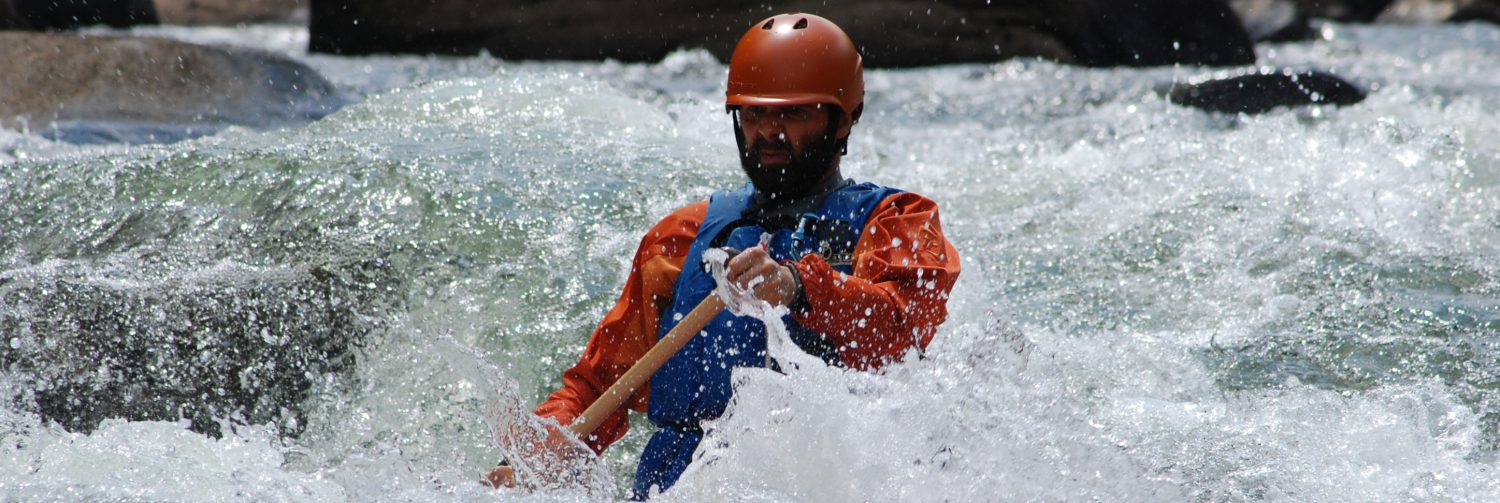Introduction:
My research interests are in the area of solid waste engineering with a specific emphasis on (1) biological and chemical processes in landfills and (2) the use life-cycle analysis to evaluate the economic and environmental performance of integrated solid waste management systems.
Biological, Chemical, and Physical Processes in Landfills
Biological, chemical and physical processes all affect the decomposition of municipal solid waste (MSW) in landfills as well as the behavior of trace waste components such as organics and metals. I am interested in all aspects of solid waste behavior in landfills and conduct research that ranges from fundamental studies of the microbial ecology of landfills to more applied studies on the effect of various industrial wastes on refuse decomposition and gas generation. Current research is focused on factors that contribute to the generation and accumulation of heat in landfills and the microbial ecology of anaerobic digestors during food waste decomposition. Read More
The Application of Life-Cycle Analysis to Integrated Solid waste Management
I collaborate with Dr. Ranji Ranjithan in our department on research to identify optimal strategies for solid waste management in consideration of cost, energy consumption and environmental emissions using life-cycle analysis. Our team developed the Municipal Solid Waste Decision Support Tool (MSW-DST) in the late 1990s and, more recently, the Solid Waste Optimization Life-cycle Framework (SWOLF) in 2012. The foundation of our life-cycle tools is a set of process models that describe each aspect of the solid waste system from waste generation through collection, separation, recycling, combustion, biological treatment and landfill disposal. SWOLF has the capability to consider future changes to the solid waste system such as increased costs for energy, limits on greenhouse gas emissions and higher landfill diversion targets.
